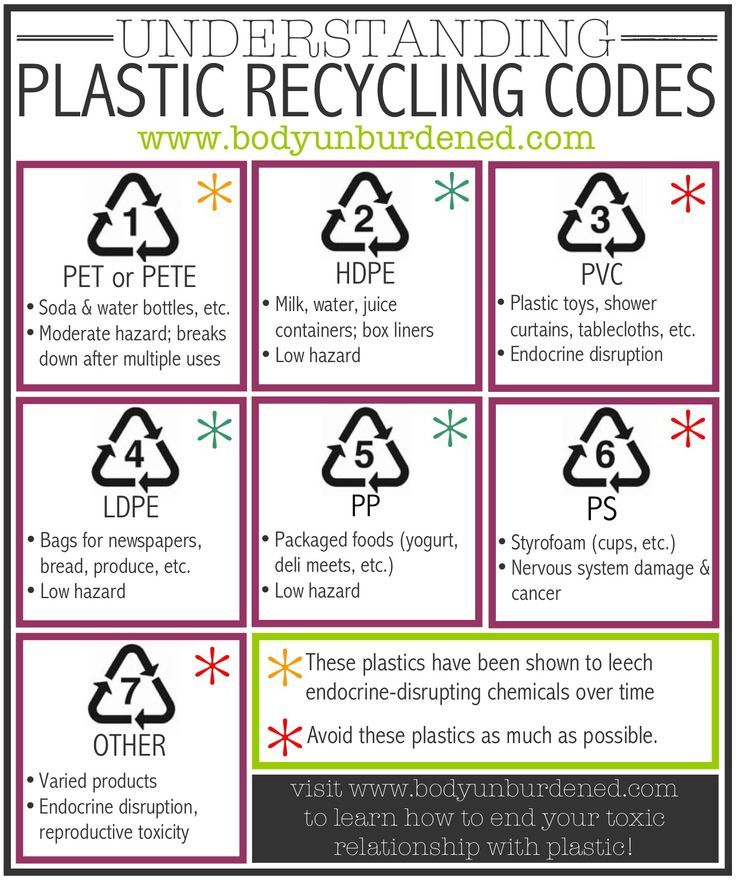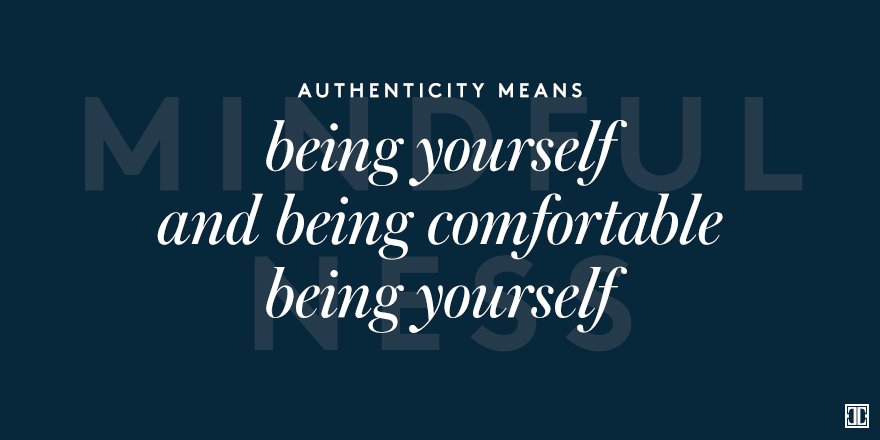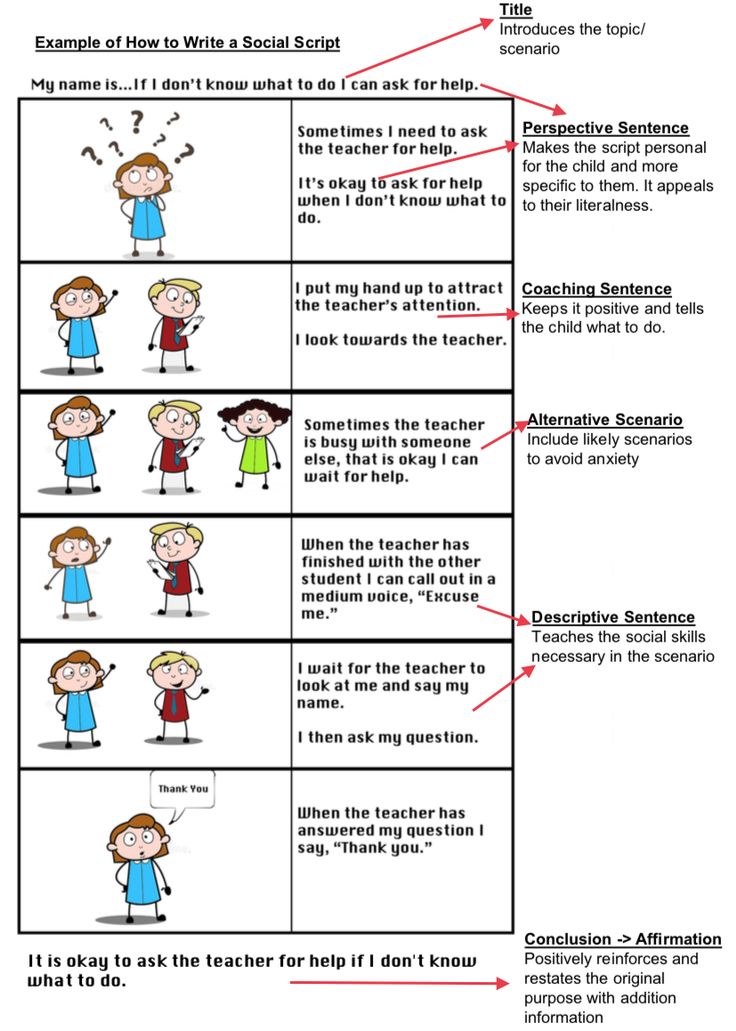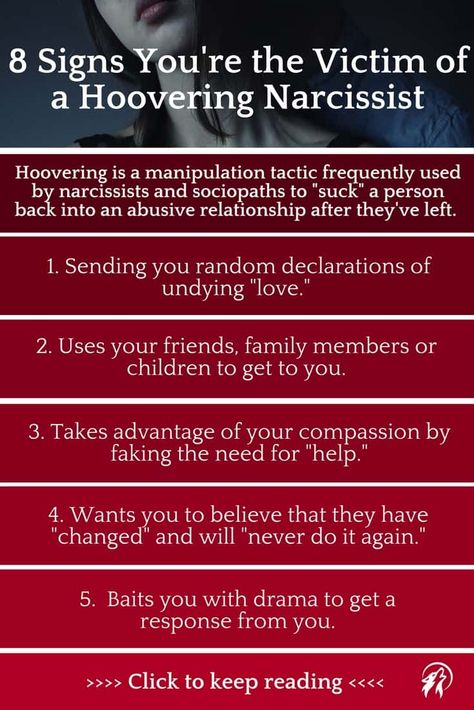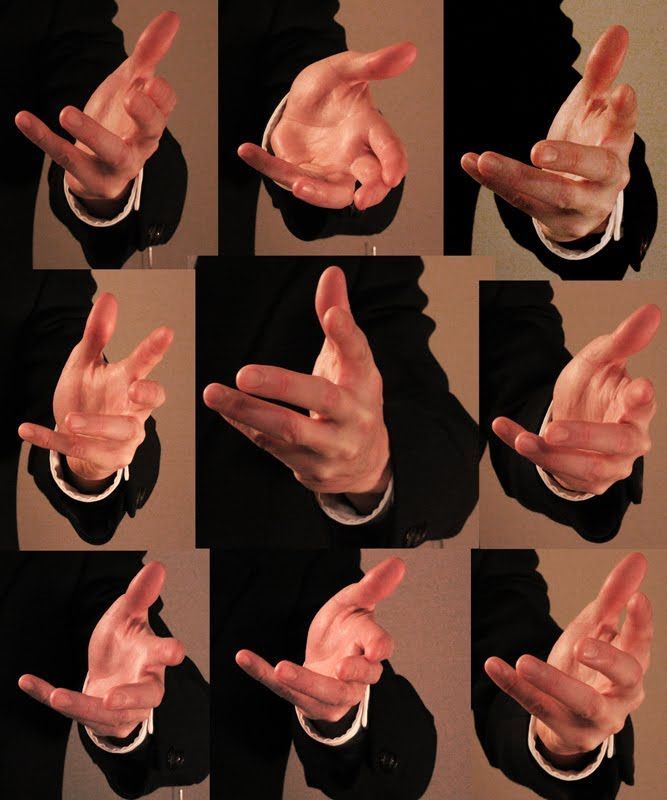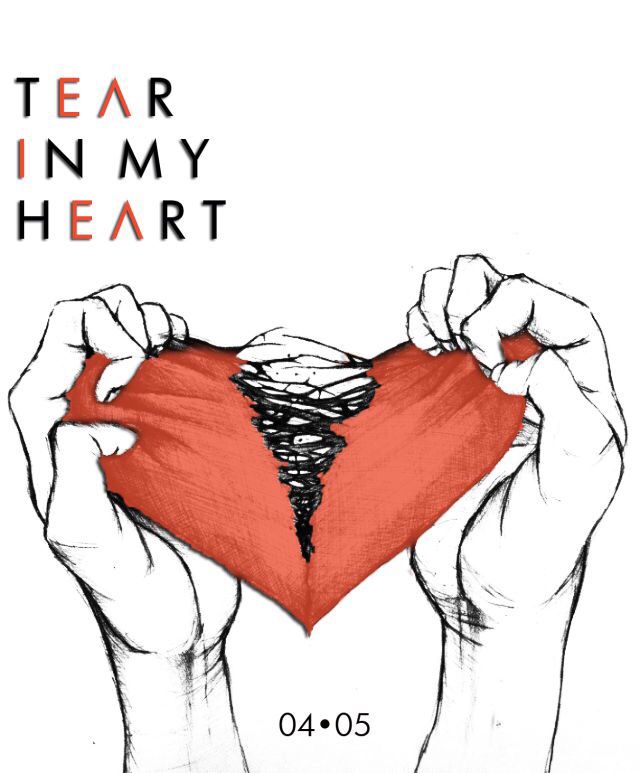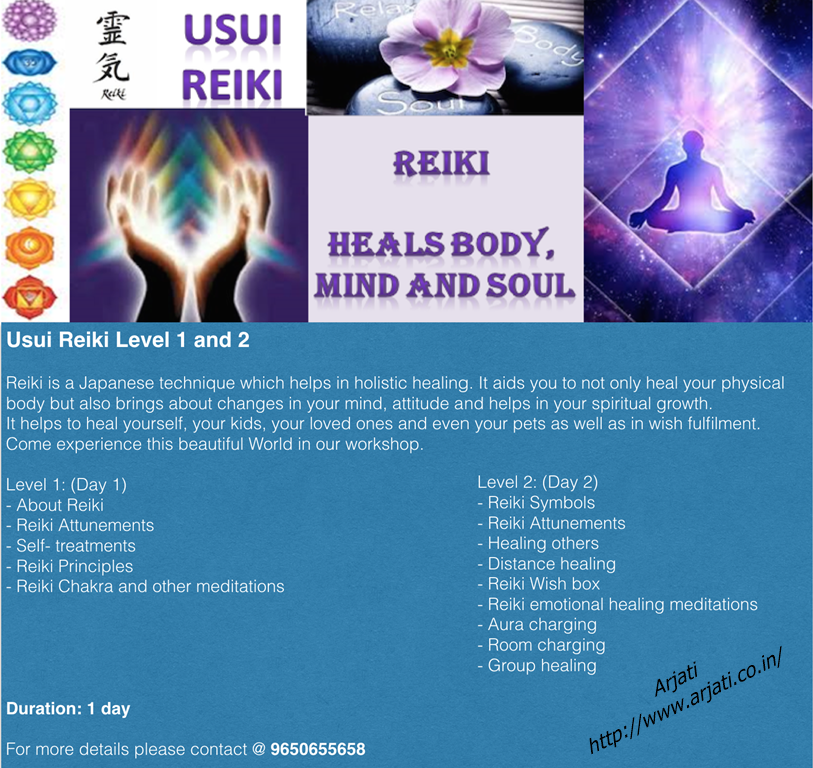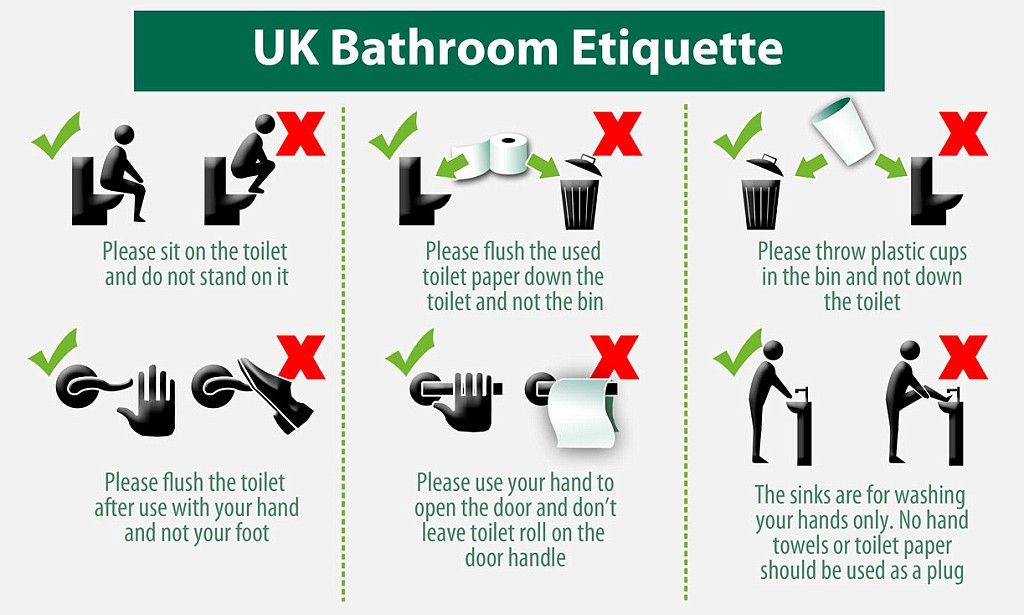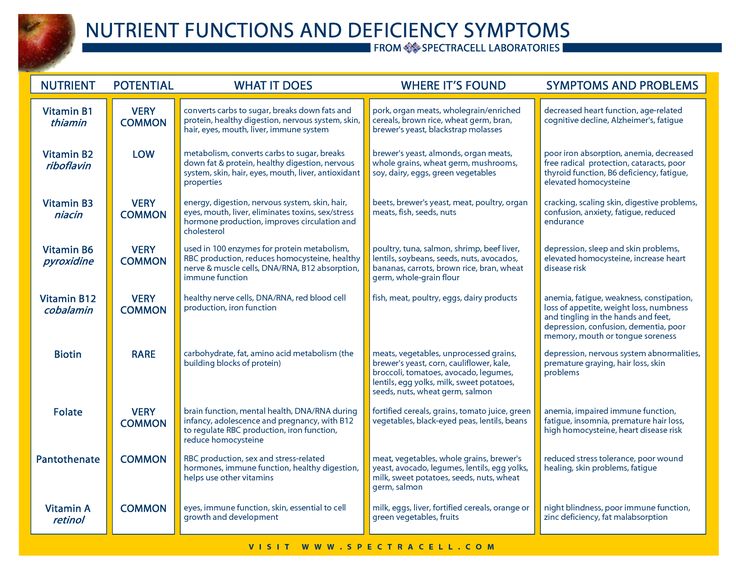Cycle of toxic relationships
The 3 Stages of a Toxic Relationship
Source: Eric Ward/Unsplash
Toxic relationships generally follow three stages: idealizing, devaluing, and discarding. Learn about each of these stages and the impact it has on you.
Idealizing
Love-bombing is a clear sign of the idealizing phase. You are told you are the best thing to happen to your partner, and they push for commitment early in the relationship. They may also use "grand gestures" such as lavish gifts or "surprise" vacations. (You are not consulted about your schedule before these surprise trips.) Many clients describe love-bombing as "I was swept off my feet." Others describe being "placed on a pedestal." While it feels good to be told how wonderful you are, consider the purpose of this person's behavior. It is not to form an emotional connection with you; the goal is to get you ensnared so you are less likely to leave the relationship. Note that the idealizing phase is not without emotional abuse. You may be asked about your worst fears, or what you feel shame about.
The toxic person isn't trying to develop emotional intimacy—they are collecting ammunition for later.
Devaluing
Once a toxic person has verified that you are committed to them (sometimes through incessantly questioning or pressuring you), they will start sprinkling in emotional abuse tactics. They will comment on your body, what you wear, or your life goals. The personal information you divulged to them during the idealization phase is now used against you. If you set boundaries or do something the toxic person doesn't like, they may dredge up one of your regrets in life. They may say, "Well, now I know why your sister doesn't talk to you—you're crazy."
They may also triangulate and tell you that a trusted friend or family member said something unkind about you. A toxic person might start this conversation with, "Your sister said something about you, and I didn't want to tell you, but you have a right to know." The information you are then given is usually a lie. The goal is to isolate you from others who may tell you that this relationship is unhealthy.
The goal is to isolate you from others who may tell you that this relationship is unhealthy.
Your partner may tell you that only after you quit your job, stop talking to your sister, do more housework, etc., there won't be any issues in the relationship. Be aware that whatever you do to fulfill a toxic person's wishes, there will always be a new hoop to jump through. The demands are never-ending. You may blame yourself for this change in your partner's behavior. During the idealization phase, you could do no wrong—now, you can do no right. The issue is not with you; it is with your partner.
Discarding
Regardless of who leaves whom, the toxic person will try to suck you back into the relationship. They will promise you things they denied you during the relationship and tell you the relationship will be better this time. However, they rarely apologize or take responsibility for their behavior. Be aware that if you return to the relationship, the things you were promised will vanish, and the relationship will be just as dysfunctional as before, if not more so.
You may find your partner cheated on you with multiple people throughout the relationship. Toxic people, particularly those with narcissistic tendencies, discover that it is easier to return to old narcissistic supply (their exes) rather than seek new supply for their ego. You may have noticed that your partner idealizes their exes or calls them derogatory names—the one thing they don't show towards their exes is emotional detachment. You may be compared unfavorably to your partner's exes. Sometimes there is a final discard, where the toxic person leaves for good. Sometimes they do this by disappearing and cutting off contact. They may tell you it is your fault. But usually, they have found a new narcissistic supply.
One of the best things you can do with a toxic person is to go no-contact or low-contact with them. Practice good self-care, including letting emotionally healthy people in your life and limiting contact with people who treat you poorly. Speak with a mental health professional about your experiences.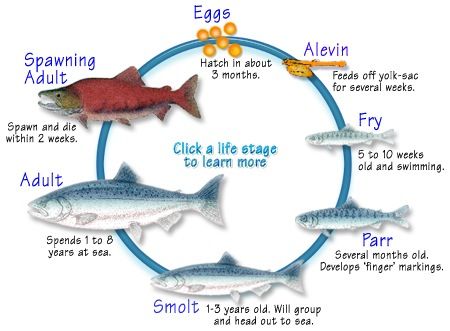 You are not alone.
You are not alone.
To find a therapist near you, visit the Psychology Today Therapy Directory.
Facebook image: MilanMarkovic78/Shutterstock
6 Tips for Ending a Cycle of Unhealthy Relationships
Source: JD Mason/Unsplash
Many people get out of one bad relationship only to find themselves in another dysfunctional, toxic, or unhealthy relationship.
Even when we work hard to change ourselves and seek out different kinds of friends and lovers, it’s hard to avoid the unconscious pull toward people who draw us into arguments, activate our emotional wounds, and recreate familiar, but unhealthy, relationship roles and behaviors.
If you feel stuck in a cycle of unhealthy relationships, use these six tips to help you end the pattern and start creating healthier, more fulfilling relationships.
1. Recognize dysfunctional, toxic, and harmful behavior. Ideally, we need to recognize unhealthy behaviors (in ourselves and others) before we’re attached, committed, or in love.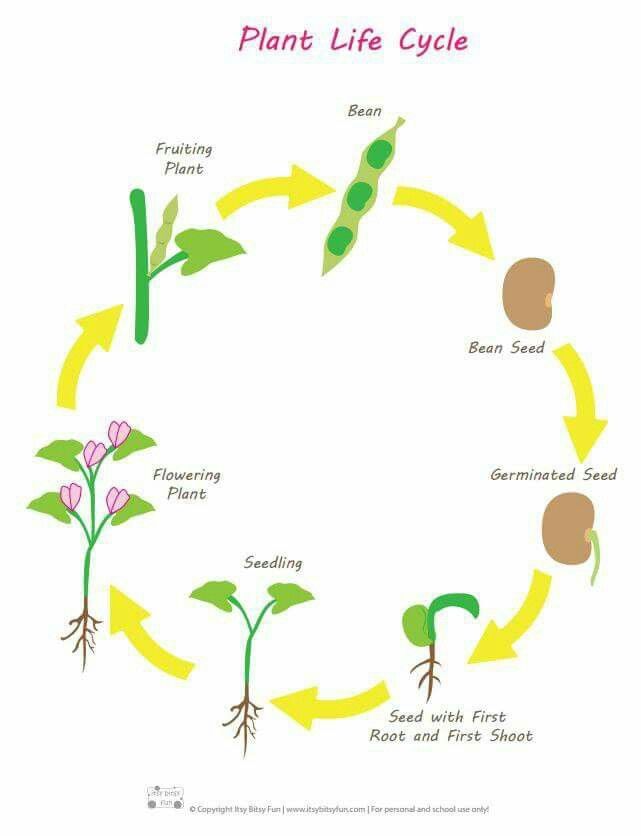 Yet, often, we miss the early warning signs and don’t realize we’re in a toxic relationship until after we’ve developed strong feelings or intertwined our lives with someone.
Yet, often, we miss the early warning signs and don’t realize we’re in a toxic relationship until after we’ve developed strong feelings or intertwined our lives with someone.
And if you grew up in a dysfunctional family, you may not know what a healthy relationship looks like and feels like: You didn’t have good role models. So it’s no wonder that you’re missing the red flags in your adult relationships:
-
Physical abuse: pushing, hitting, kicking, or otherwise hurting you physically.
-
Emotional or mental abuse: calling you derogatory names, yelling, blaming, or threatening you; dismissing your feelings or telling you that you’re “crazy," exaggerating, confused, or making things up.
-
Dishonesty: lying, cheating, stealing, or engaging in other dishonest or illegal behavior; saying contradictory things, or telling stories that don't add up.
-
Controlling and jealousy: controlling where you go, who you see, what you wear, or your access to money.
 Insisting on reading your texts or private messages, knowing the password to your phone. Accusing you of cheating.
Insisting on reading your texts or private messages, knowing the password to your phone. Accusing you of cheating. -
Avoidance: unwilling to address problems, emotionally unavailable, or retreating physically or emotionally when things get uncomfortable.
-
Codependency: an unbalanced relationship in which one person over-functions (feels responsible for the other, takes care of him/her, and is extremely responsible and hardworking) while the other under-functions and is emotionally immature and irresponsible.
2. Understand why you’re stuck in a cycle of unhealthy relationships. Logically, of course, it doesn’t make sense to make the same mistakes and repeat the same behaviors when they cause so many problems. But I assure you that you’re not doing this because you’re stupid. Usually, there are underlying traumas, learned behaviors, and unconscious emotions at work.
We repeat things because they’re familiar. So, even if you know a relationship is dysfunctional and not in your best interest, you may pursue it because it feels familiar and you know what to expect.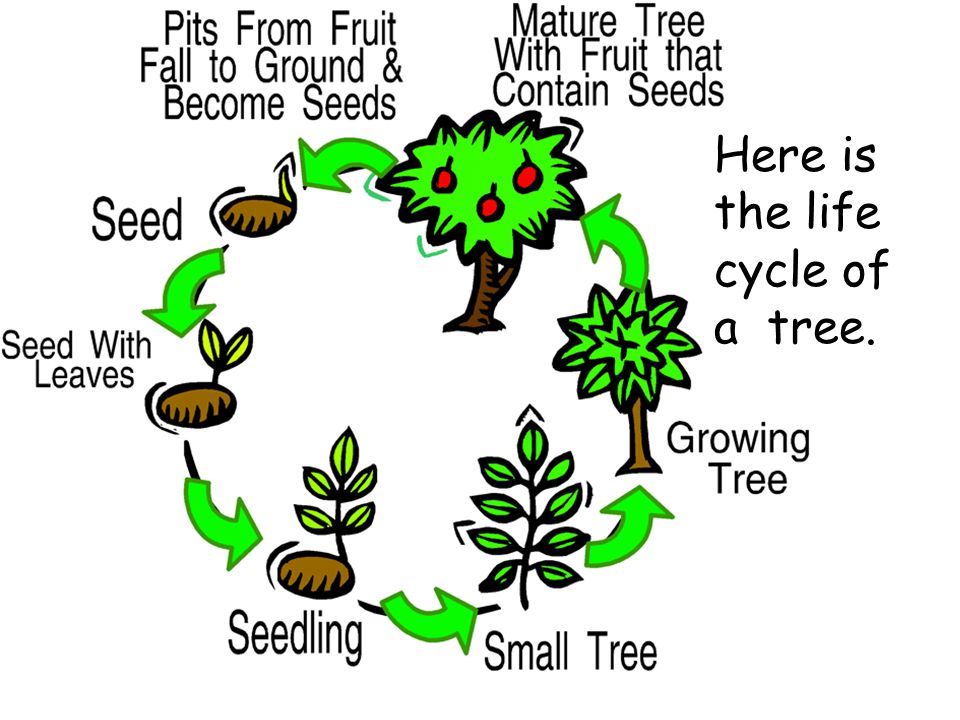
We also tend to repeat what we learned in childhood. You might repeatedly date women who abandon you like your mother did or you might unconsciously replicate your parents’ high-conflict marriage. Often our beliefs, coping strategies, and relationship patterns stem from our early experiences and they’re deeply entrenched because we form them before we develop critical thinking skills or have had much life experience. It’s as if we’re on autopilot, repeating patterns without intending to.
In addition, you may repeat dysfunctional relationship patterns because you don’t feel worthy of being treated with respect and unconditional love. Again, these beliefs probably originated in childhood, but you’ve been telling yourself their true and unconsciously finding partners who reinforce these beliefs.
3. Heal underlying trauma. Dysfunctional relationships stem from abandonment, rejection, shame, and other painful and traumatic experiences. Until your emotional wounds and unmet needs are resolved, you will continue to seek healing from partners who are unable to give you the love, acceptance, and emotional safety that you need and deserve.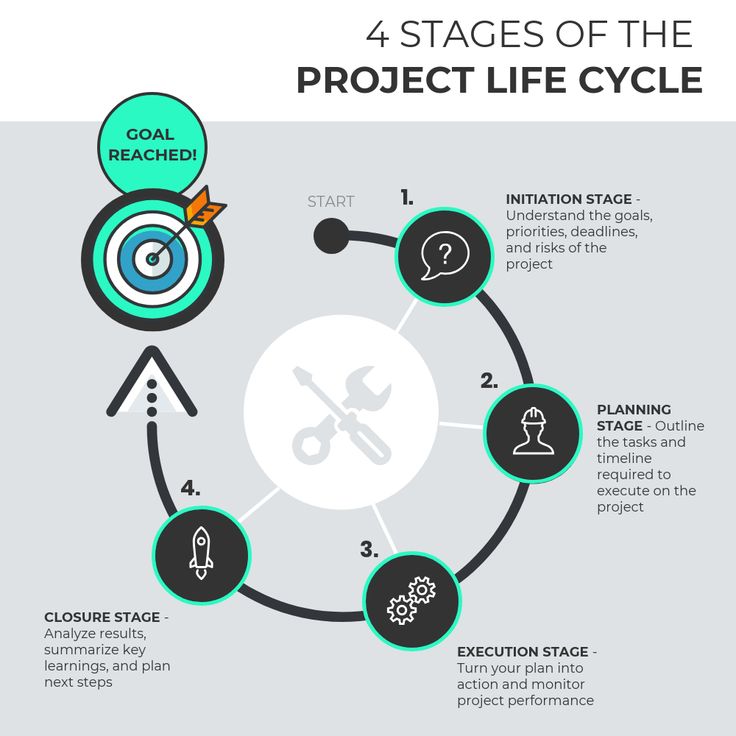 Many people find the assistance of a trauma-informed therapist is an essential component of healing.
Many people find the assistance of a trauma-informed therapist is an essential component of healing.
4. Learn and practice new relationship skills. To change your relationship patterns, you also need to change your own behavior. This might include improving your communication skills, regulating your emotions, setting boundaries, and so forth. Self-help books can be a good place to begin, as well as psycho-educational groups and therapy.
5. Be willing to be alone rather than in a dysfunctional relationship. Many people remain in abusive or unhealthy relationships in part because they don’t want to be alone. However, sometimes, taking time between relationships allows you to prioritize yourself in new ways, learn skills, process your feelings, and gain new insights. Choosing to be single or to have fewer friends doesn’t mean there’s something wrong with you. In fact, it can reflect healthy self-esteem and knowing that you deserve to be treated well.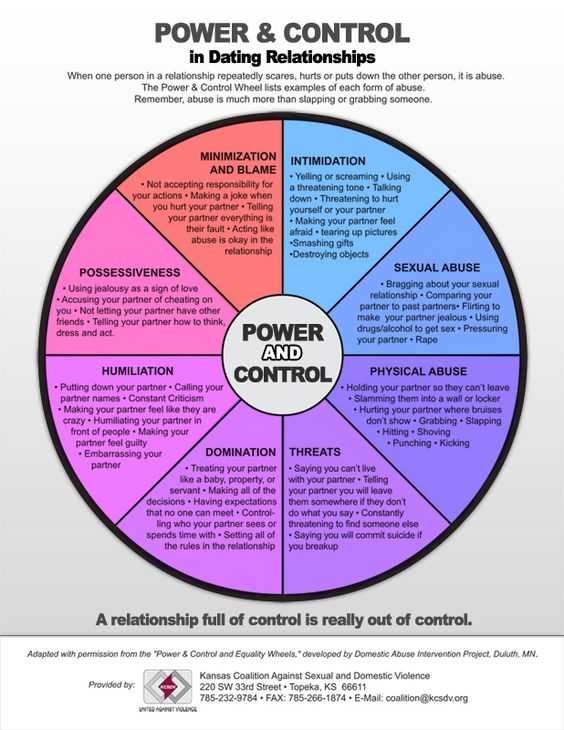
6. Treat yourself the way you want to be treated. When we treat ourselves poorly (criticizing ourselves, ignoring our needs, invalidating our feelings, or not standing up for ourselves) we’re telling others that it’s okay to treat us this way. If we want others to treat us well, we have to treat ourselves well, too. We have to value and accept ourselves, take good care of our bodies and emotions, trust ourselves, respect our opinions, and work toward our goals. When we do these things, others will follow.
Making significant changes takes a lot of effort. Realistically, you’re not going to change long-standing patterns in a matter of weeks. Be gentle with yourself as you make small changes. They will eventually help you break the cycle.
See more relationship red flags here.
Facebook image: NDAB Creativity/Shutterstock
Toxic relationships between a man and a woman
Doctor Demkin's blog
Articles about psychology and psychodiagnostics
- Are you here:
- Home
- Blog
- Psychology
- Toxic relationships between partners
Psychology
It is often said that a person is "toxic". This relatively new term describes a person whose relationship inevitably brings negative emotions into your life. If you constantly feel empty or unhappy after spending time with your partner, then this means you are involved in a toxic relationship. It would be more correct to talk about the toxicity of relationships in a couple, since the person himself in relations with other people may well be in a completely or relatively healthy relationship. nine0019
Why do relationships become toxic?
In a normal, healthy relationship, even when inevitable problems arise, you usually make decisions together, openly discuss any issues that arise, and genuinely enjoy each other's company.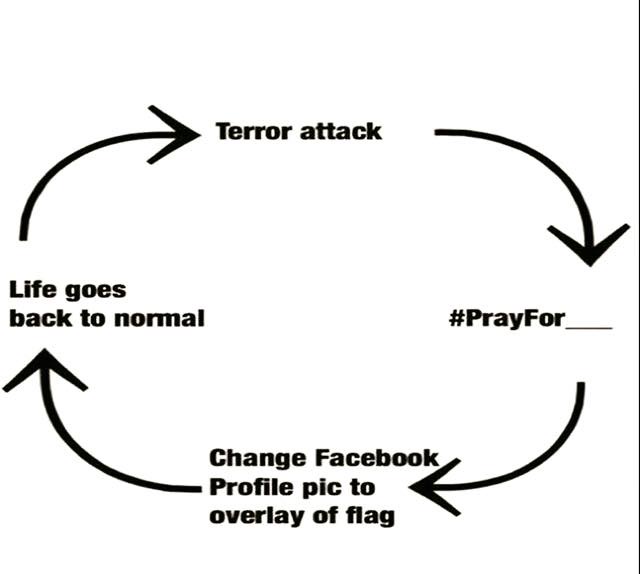
Why can relationships become painful? One of the reasons is the presence of an "underwater mine" in the psyche of a person, relations with which have become a burden. Such a person probably once (in childhood, adolescence or as an adult) suffered a psychological trauma that his psyche could not process. Such a traumatized person subconsciously looks for a "therapist", "vest" or "victim" who could help him cope with the burden of trauma. Most often, such a person hardly takes responsibility for his life, his feelings and needs, he could not learn how to effectively solve emerging problems in life - in all cases he needs external support, participation and stimulation. At the same time, a person creates a real “drama” in his life, involving in it those participants who, because of love or sympathy for him, an uncritical attitude, soft personal boundaries and co-dependence, are not able to stop playing in a life play according to someone else's scenario. nine0019
Often a manipulating and controlling person has elevated scores on the 4th MMPI scale (SMIL) - a scale of psychopathic deviations or impulsivity.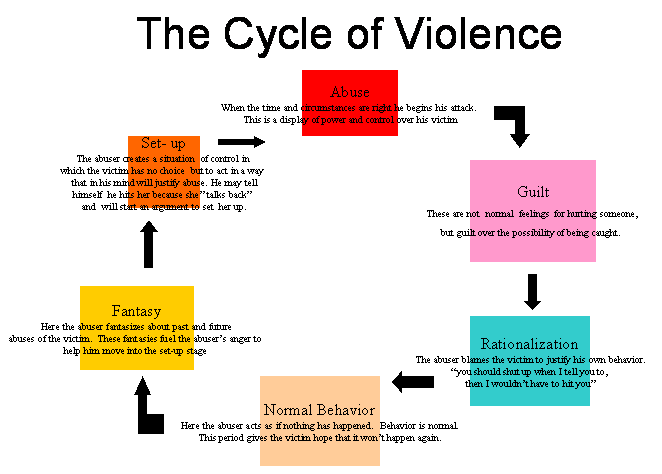
How else does a person prone to forming toxic relationships manifest themselves:
- Trying to manipulate or control others,
- Depicts the sufferer and the victim of circumstances (the intrigues of enemies),
- Uses others to meet his needs,
- Extremely critical of self and others,
- Jealous and envious of the success of others,
- Laments his unfortunate fate,
- Abuses alcohol and drugs (psychoactive substances),
- Often suffers from injuries, incidents and other "adventures",
- Does not want to seek help from psychologists and doctors.
In the worst case, with severe psychological trauma, the personality of the person creating the toxic relationship has undergone a process of dissociation (separation into parts or subpersonalities).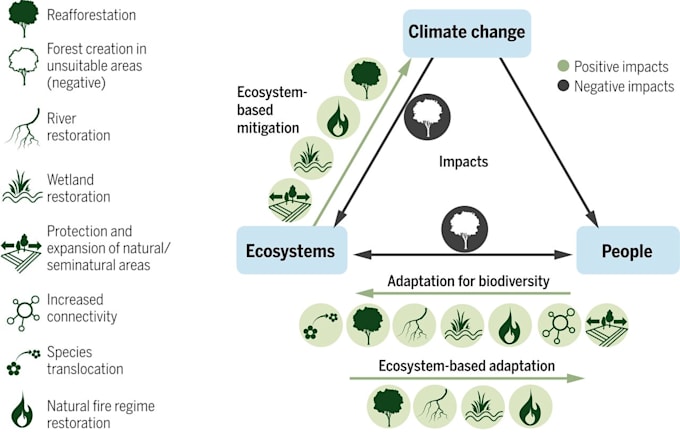 Such a mechanism is a pathological type of psychological defense against severe and unprocessed psychotrauma. Such a person can represent in different situations to people completely different aspects of his personality, or rather, subpersonalities or stable roles (behavior patterns). nine0019
Such a mechanism is a pathological type of psychological defense against severe and unprocessed psychotrauma. Such a person can represent in different situations to people completely different aspects of his personality, or rather, subpersonalities or stable roles (behavior patterns). nine0019
In communication at work or school, such a person represents a fully mature adult, and when he comes home, he turns into a capricious child, an unrecognized genius or a domestic tyrant. All this is an attempt to compensate for the consequences of the trauma, or to try to process it over and over again, transferring the suffering he experienced onto you. This mechanism is especially evident in the case of domestic physical, emotional or psychological violence, sadism, sexual perversions, drug, alcohol and other types of addictions: most often people repeat what someone did to them, as if trying to reduce the burden of psychological trauma hanging on them. . Naturally, this is an extremely unhealthy way to solve your problems at your expense.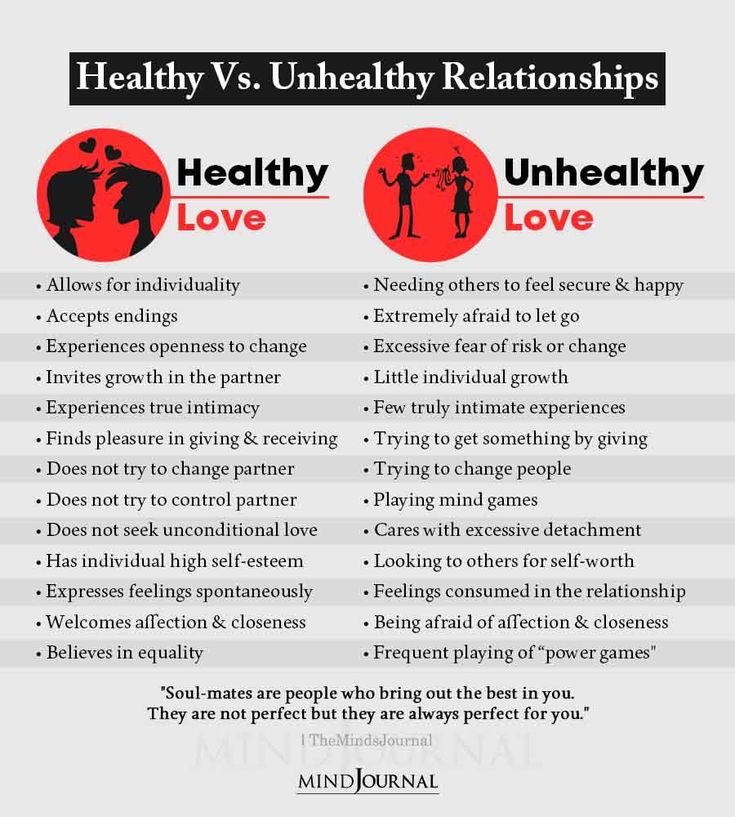 Such a person needs professional psychological and sometimes psychiatric help. nine0019
Such a person needs professional psychological and sometimes psychiatric help. nine0019
Of course, toxic relationships can occur not only between a man and a woman, but also between friends, or between parents and their adult children. Control in these relationships is most often exercised by arousing guilt in the “victim”. The guilt inductor controls you, causing you to feel guilty whenever you do something that he or she doesn't like. For example, your father calls to tell you how disappointed your mother is that you could not visit her on Sunday, or, for example, do not go to church. nine0019
What is your role in a toxic relationship?
Both individuals play a role in toxic interactions. Therefore, it is important to consider your personal role as well. A hallmark of dysfunctional interaction between people is that both people have created a conscious or unconscious history of judgment, fear, or blaming the other person. Both sides have violated personal boundaries, or failed to establish them, or one of them grossly violates the boundaries of the other. nine0019
nine0019
You are not an innocent victim at all - relationships do not form without the participation of a second person! You are an equal co-author, architect and builder of the relationships that you have now. Ask yourself simple questions:
- Do you understand the need to set personal boundaries?
- Do you respect your own and others' personal boundaries?
- Do you lash out at your partner because you feel misunderstood or not listened to at all?
- Do you slam the door because that's how you're used to reacting to criticism? nine0008
What are the signs of a toxic relationship?
Depending on the nature of the relationship, signs of toxicity may be subtle or completely obvious. If you are in a difficult relationship, you may recognize some of these signs in yourself, your partner, or the relationship itself:
- You are emotionally involved in your partner's life drama,
- You are afraid or avoid being around him,
- You feel tired, exhausted, empty or angry after interacting with a person,
- You feel betrayed or used,
- You seem to have withdrawn from ordinary life, your emotions have become dull and flat,
- You feel bad or ashamed of yourself because of your relationship with a partner,
- You are stuck in a cycle of trying to save, help, fix or take care of the person,
- The other person does not respect your boundaries and does not understand the word "no",
- You are extremely compliant,
- You ignore your own values and desires,
- You feel controlled or overly controlled by him.
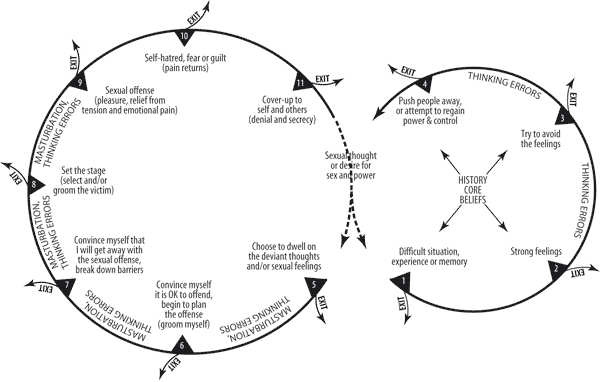
Characteristics of a toxic relationship
Lack of support
Your time together is no longer positive and resourceful. Instead of restoring and gaining strength, you spend it. Instead of mutual support, you get involved in a competition: which of you is better, more correct, more decent, etc. Healthy relationships are based on a mutual desire to help your partner succeed. nine0019
Emotional negativity
Instead of treating each other with kindness and warmth, you fill your conversations with sarcasm, criticism, covert or overt hostility. You may even start avoiding talking to each other.
Behavioral Control
Constant questions about who is where and what they are doing are signs of behavioral control that can add toxicity to a relationship.
Dishonesty
You find yourself constantly lying about your whereabouts or who you're dating when you're not spending time with your partner.
Feelings of resentment
You constantly remember past hurts and cling to them. Gradually, frustration or resentment accumulates and leads to an increase in negativity and toxicity.
Passive aggression in the form of disrespect
Chronic lateness, forgetting about meetings, events and dates - a manifestation of hidden aggression towards a partner. nine0019
Deviant financial behavior
Your partner, without consulting you, buys expensive things or spends significant amounts, "forgetting" to tell about it.
Constant stress
Constant tension, anxiety and restlessness, "stretched nerves", panic attacks, chronic headaches, poor sleep, sleeping pills, antidepressants or vodka are an indicator that something is going wrong. Constant stress can also take a toll on your physical health. nine0019
Ignoring your needs
Constantly sacrificing your interests and needs to please your partner.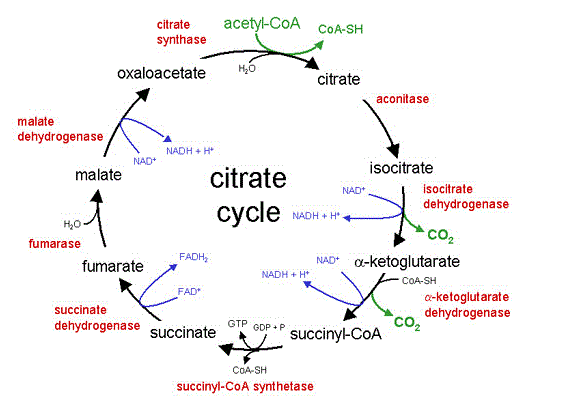 Agreeing with what your partner wants to do, even if it goes against your desires or comfort level.
Agreeing with what your partner wants to do, even if it goes against your desires or comfort level.
Lost relationships
You stopped spending time with friends and family to avoid conflict with your partner. All your free time has become associated exclusively with your partner. You start giving up on the hobbies you once loved, neglecting your health, and sacrificing your free time. nine0019
Walking on brittle ice
You have begun to avoid conflicts with your partner and keep all problems to yourself so as not to aggravate tension and provoke conflicts.
How to deal with toxic relationships?
Many people assume that toxic relationships are doomed to failure, but this is not always the case. The decisive factor in maintaining a relationship is the mutual desire of partners to change. If only one of the partners invests in creating healthy relationship models, and the other ignores the required changes and work on themselves, it is unlikely that positive changes in the relationship can occur.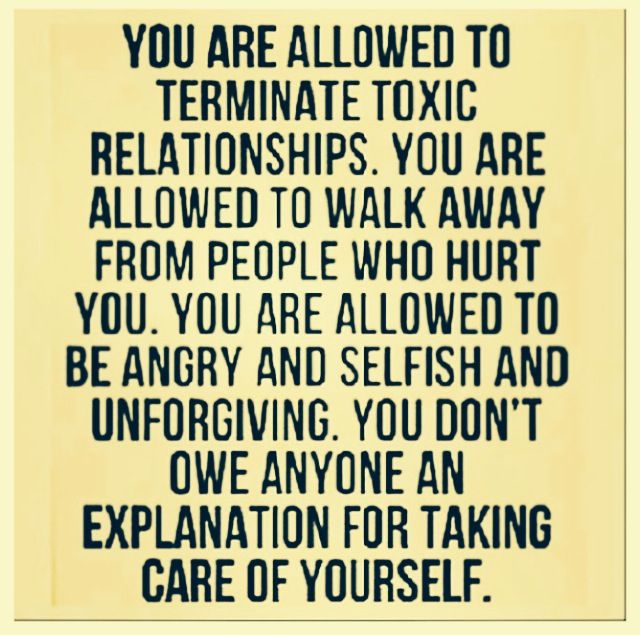 Often one of the toxic partners is a covert or overt narcissistic person. nine0019
Often one of the toxic partners is a covert or overt narcissistic person. nine0019
Signs of a possible positive outlook for maintaining the relationship
- Both partners openly discuss existing problems in the relationship and are ready to voluntarily and actively invest their time and energy in improving them.
- Acceptance of responsibility for their mistakes: both partners acknowledge the destructiveness of the previous manner of mutual behavior that was damaging to the relationship.
- Moving from Recrimination to Understanding: Both partners are able to move conversations away from recrimination and criticism towards understanding the root of problems and learning about healthy relationships. nine0008
- Openness to outside help: Sometimes partners may need help to get the relationship back on track, either through individual counseling or family counseling.
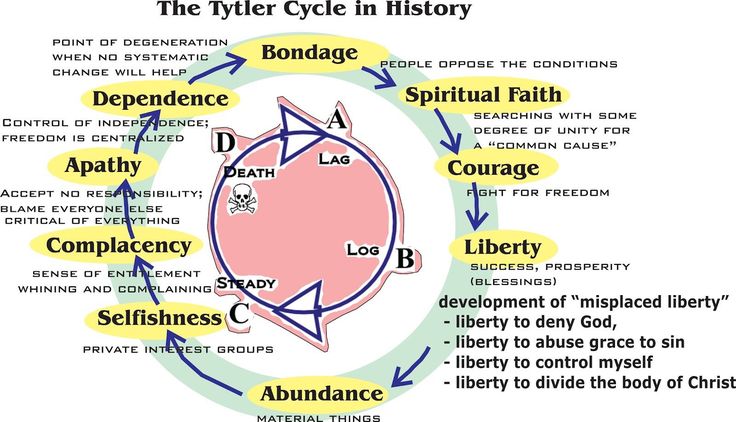
If the person's toxic behavior does not change, or the relationship has become too difficult to maintain, make the decision to end the relationship and release the person with love and compassion, and then move on with your life. Ending a relationship can be painful, especially if you have a long relationship history with this person. But you need to remember that you will eventually create space for healthier and more resourceful relationships in your life. nine0019
This is my first toxic relationship!
If you encounter a toxic partner for the first time in your life, you must understand that he will never change his behavior on his own, but will only continue to increase control over you as he learns your weaknesses. There is only one way to seriously improve a toxic relationship: your psychological willingness to let it go.
- If you want to continue the relationship with him, set your personal boundaries by calmly and firmly communicating your requests for a healthy relationship to the person, describing in detail how you feel, why, and what you want to change in the relationship.
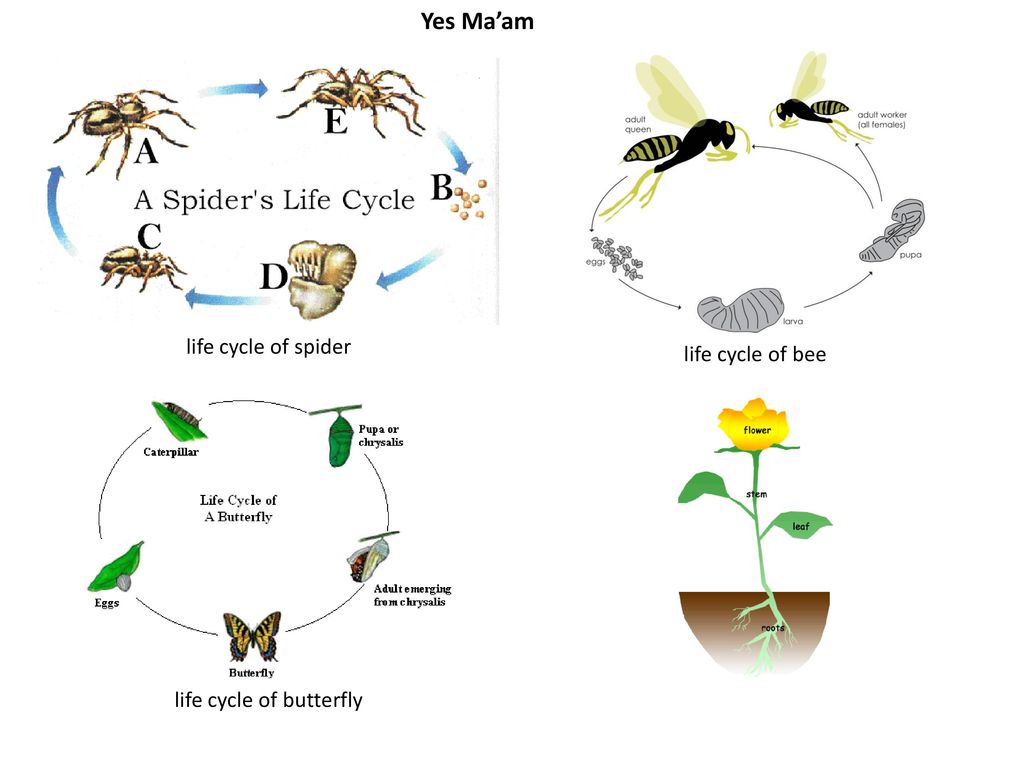 nine0008
nine0008 - If your partner refuses to change, consider temporarily breaking up the relationship for one month. You should then talk to him again, repeat your requests, and let him know that you won't stay in the relationship if he continues to be toxic.
- If he refuses to change again, then you need to end the relationship, because their character will never change.
- If the partner promises to change, but breaks down, repeat the cycle again. In the event of a repeated breakdown, you need to get out of such a relationship - there are no prospects for a favorable outcome. nine0008
What can be done to restore healthy relationships?
Correcting a toxic relationship will take time, patience and diligence. The most difficult relationships often result from longstanding problems in the current relationship or from unresolved issues in a previous relationship.
- Tell your partner about existing relationship problems when you feel able to do so.
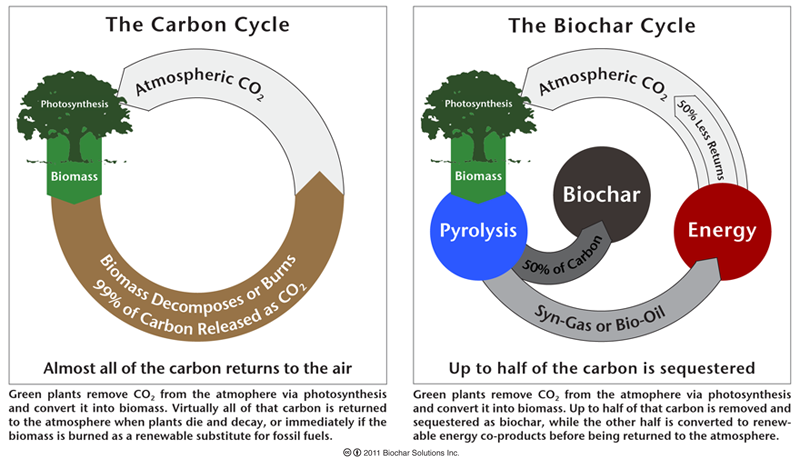 For example, you can use the following cheat sheet to communicate your feelings and needs without emotion, criticism, or blame:
For example, you can use the following cheat sheet to communicate your feelings and needs without emotion, criticism, or blame: - “When you do/say _1.2.3________, I feel 1.2.3______. What I need is _1.2.3______. I share my feelings and needs with you because I love you and want to build a healthy mutual relationship with you.”
- Recognize your personal responsibility in the destruction of relationships and the mistakes made.
- Set and maintain personal boundaries.
- The more concrete and simpler you convey information to your partner, the better your boundaries will be respected: "Darling, I love you, but I just feel sick when you drink." nine0008
- Focus on taking care of yourself.
- Learn to use the words I and No.
- Instead of saying "You must always..." or "You must..." use phrases such as "I would appreciate it if you.
 .." or "I wish you..."
.." or "I wish you..." - Think about how you got into an unhealthy relationship cycle with a person.
- Don't dwell on the past.
- Resist the temptation to keep revisiting negative scenarios. nine0033 Look at your partner from the side - as if an uninterested person would look at him.
- Avoid sarcasm, criticism, accusations, ignorance - this only destroys the relationship.
- In bringing your requests to your partner, use the sandwich technique: compliment-request-compliment: “Darling, I like to have sex with you, you are just a god in bed! I'm usually in the mood in the morning before work and at night I just want to sleep. Can we have sex in the morning that will give us more pleasure? nine0008
- Practice healthy communication. Be gentle to each other (as if you had just met).
- Seek help from a psychologist, go to joint therapy.
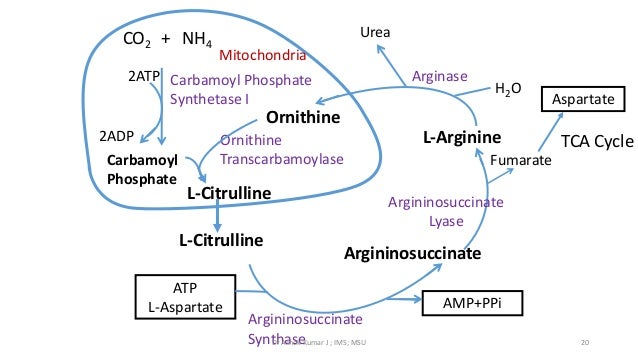
- Give yourself time to change your relationship, your partner, and your condition. Do not expect quick progress, but believe in success and do everything to achieve it.
If you find it difficult to cope with your problems on your own, you can always seek professional psychological help. nine0019
Andrey Demkin
New articles
- Back
- Forward
Related Articles:
Dr. Andrey Demkin
Dr. Andrey Demkin
Dr. Andrey Demkin
Dr. Andrey Demkin
Dr. Andrey Demkin
What is a toxic relationship and how to deal with them?
neuropsychologist
Andrey Vasin
Have you watched the movie "Tonya vs. Everyone", in which Margot Robbie played brilliantly? Remember how from childhood the main character was built and humiliated by her own mother, who believed that in this way she was raising a strong-willed athlete with an unquenchable thirst for victory? Then Tony had an abusive husband who beat her, and she believed that cruelty and assault were a manifestation of love.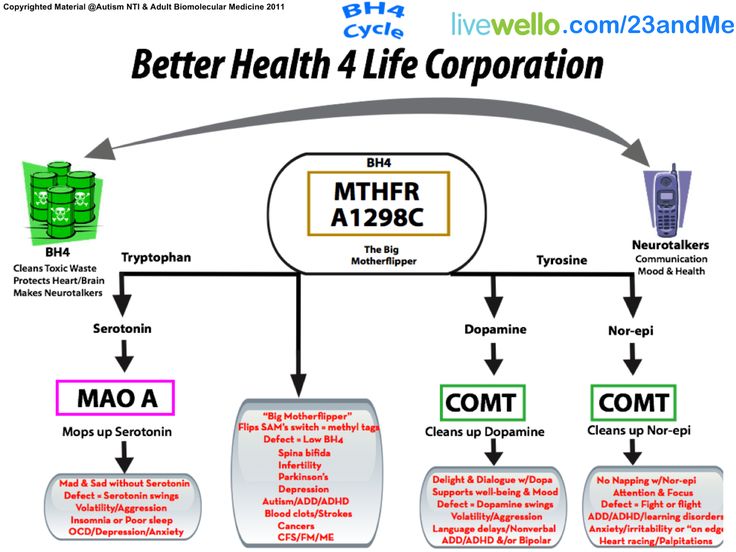 The creators of the biopic clearly showed what a toxic relationship is. nine0019
The creators of the biopic clearly showed what a toxic relationship is. nine0019
Andrey Vasin, a practicing neuropsychologist, psychotherapist, author of the Social Skills Refactoring cycle and the NeuroPsy podcast, told in his column for Folga' what are the prerequisites for the emergence of abuse, how to recognize them in time, help yourself and loved ones, and learn how to live anew.
Toxic relationship nine0003
What relationships are called toxic and what is abuse?
From the point of view of neuropsychology, toxic relationships are relationships in which the abuser receives a resource and additional hormones of happiness and motivation - for example, oxytocin and dopamine - at the expense of another: suppressing, humiliating, devaluing.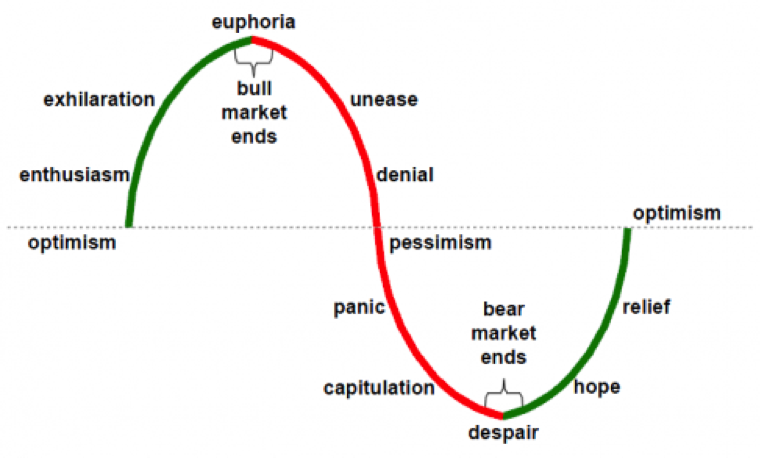 For the “donor”, such communication results in fatigue, stress, and discomfort. It shouldn’t be like this: we are social beings, and it is natural for us to be charged from communicating with other people. The word "abuse" comes from the English "abuse" - to harm. These are any manifestations of violence, aggression - verbal, physical - that harm another person. It is not present in all toxic relationships, but any relationship where there is abuse can be called toxic. nine0019
For the “donor”, such communication results in fatigue, stress, and discomfort. It shouldn’t be like this: we are social beings, and it is natural for us to be charged from communicating with other people. The word "abuse" comes from the English "abuse" - to harm. These are any manifestations of violence, aggression - verbal, physical - that harm another person. It is not present in all toxic relationships, but any relationship where there is abuse can be called toxic. nine0019
Prerequisites
What are the prerequisites for the occurrence of abuse?
Abuse often occurs where there is initially a power imbalance: parent and child; teacher and pupil; boss and subordinate; when one of the partners in a romantic relationship is more financially secure - in all these situations there are prerequisites for the manifestation of abuse.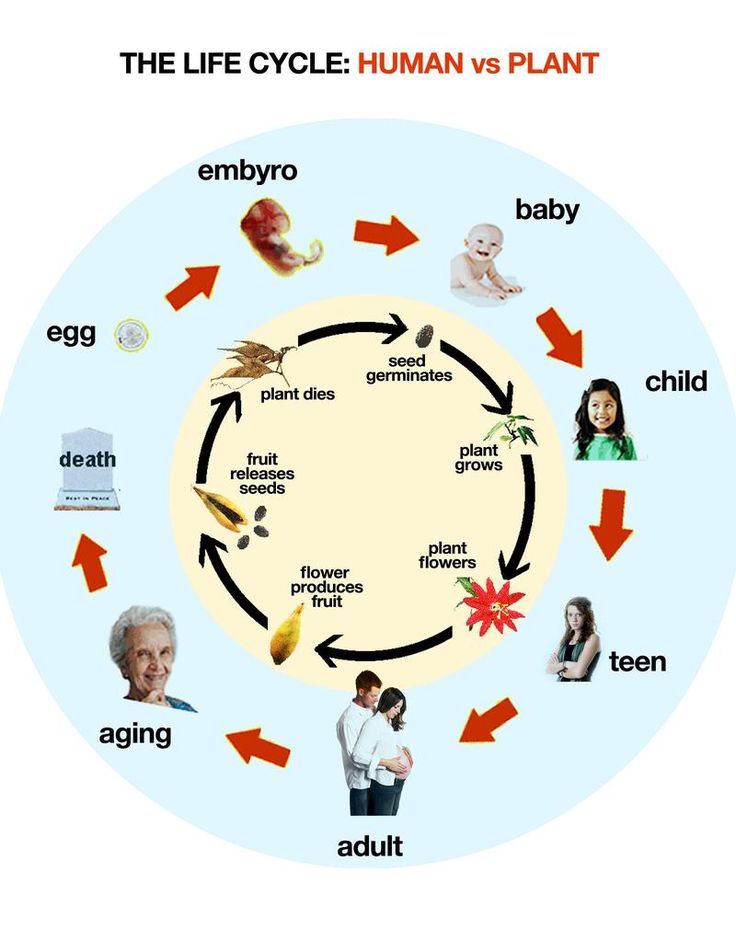 It may begin with overcontrol, the belief that the “weaker” cannot take care of themselves. nine0019
It may begin with overcontrol, the belief that the “weaker” cannot take care of themselves. nine0019
In addition, abusive behavior may arise from the fear of "not being good enough" - a parent, a partner, a leader. For example, when an abusive parent, instead of trying to calm a crying child, tries to silence him or her so that others do not think that he or she is not coping.
Check list nine0003
Is there a checklist for warning signs of abuse?
I don't like lists like "5 Tips for Spotting a Narcissist" - they are often made up of people who have experienced toxic relationships themselves and consider it universal - but this is far from always the case. Besides, really existing markers are obvious even to a specialist like me only in a conditionally safe, neutral environment.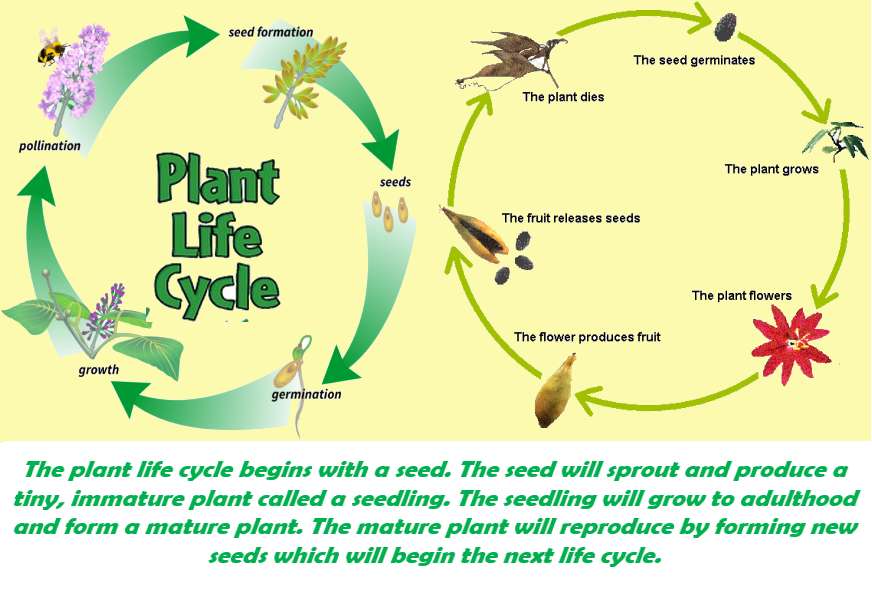 When a person is tired, weak, or, on the contrary, is on the rise, his brain will react differently and simply miss any signs of abuse. nine0019
When a person is tired, weak, or, on the contrary, is on the rise, his brain will react differently and simply miss any signs of abuse. nine0019
Listen to your body, learn to trust it. It’s easy to get into a person’s brain to the point of insulting and convince him of anything, but the body will still give its signals of abuse. If it tries to fall asleep as late as possible, and then wake up as late as possible, so as not to enter the next day; if feelings of anxiety and fear arise in it, it becomes constrained and tries not to make unnecessary movements - it means that something is wrong. nine0019
There is another good phrase: "if it seems to you ... - then it doesn't seem to you." If the behavior of a new partner is questionable, you feel that you do not fully understand what is happening - then there is a reason for this. What to do with it? Speak.
What to do with it? Speak.
In a healthy relationship, any misunderstandings can be cleared up. The narcissist and the abuser, on the other hand, will try to confuse even more and convince you that you have no right to ask questions at all. After such a conversation, you will feel guilty - and this means that it is better to stay away from this toxic person. nine0019
difference
How to distinguish an ordinary quarrel from an abuse?
Conflicts in relationships are normal: we tend to conflict and seek solutions. The difference between a regular fight and an abuse is the goal. In a healthy relationship, two people clash to come up with an option that will allow them to avoid quarrels in the future on the same issue.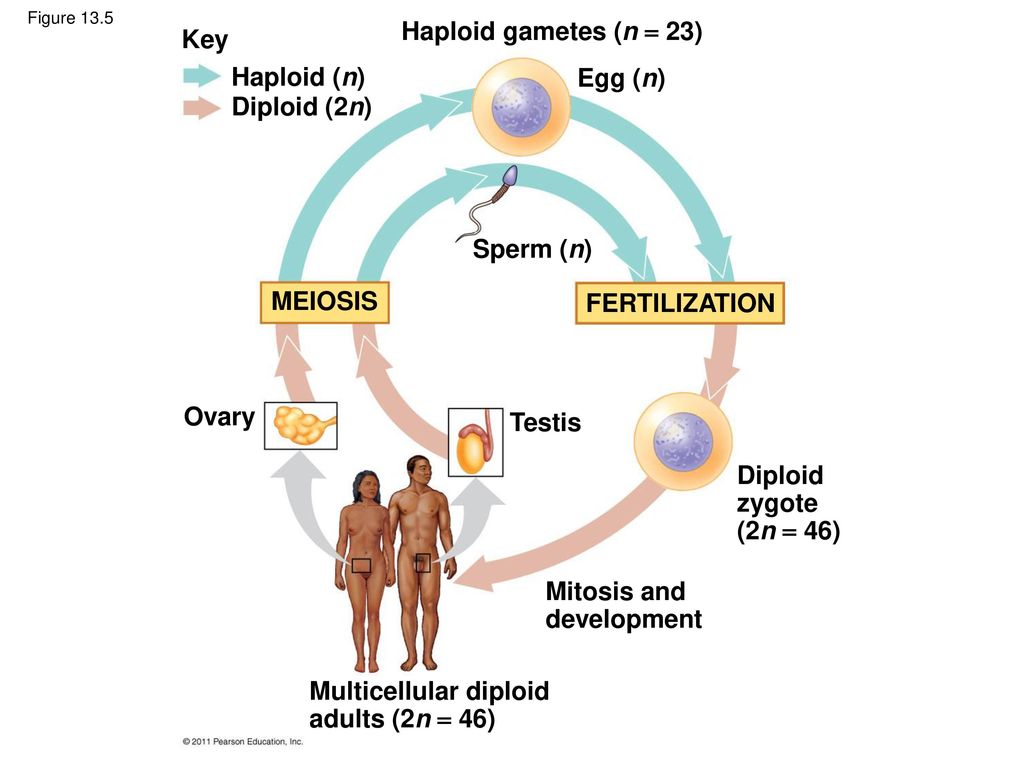 nine0019
nine0019
In toxic relationships, the conflict is an end in itself: the abuser initiates a quarrel in order to shake the psyche of the other person and assert himself. Today he will say that borscht is poorly prepared; tomorrow the borscht will be perfect, but it turns out that "you can't eat the same thing every day." The abuser does not need a solution to the problem, but the process itself.
Neurophysiology nine0003
What happens with abuse at the neurophysiological level?
People who have been abused for a long time have the same changes in the brain as people who have experienced war, famine, terrorist attacks and other traumatic events. These changes can be seen on an MRI, a scan of the oxygen activity of the brain - and this is my favorite answer to criticism in the spirit of "abuse was invented by psychologists, this was not the case fifty years ago, and everyone was happy. " nine0019
" nine0019
If a person is in abuse for a long time - he does not have the opportunity to receive dopamine and other neurotransmitters of pleasure, his ability to experience joy decreases. Up to a certain point, abusive changes can be rolled back. How soon the point of no return will come is an individual question and depends on age, the plasticity of the psyche, and the accumulated previous breakdowns. If the toxic period lasts too long, it will not be possible to fully recover even with the help of pharmacology. nine0019
sacrifice
Why don't abuse victims leave?
This is one of the most common questions I hear. There are a thousand reasons why. One of the simplest, easily explained, but at the same time significant, lies all in the same field of neurophysiology. nine0019
nine0019
When a person is happy, he produces a lot of dopamine, which is responsible for memory, alternative thinking and the search for new ways. During the pursuit of a roe deer, dopamine helped primitive man to look around: what if somewhere else there are berries, a hare or carrion, and you can not run anywhere.
A very important source of dopamine is praise from the outside. And this is something that is categorically lacking in toxic relationships: narcissists and abusers, on the contrary, love to devalue any achievements. If a person is constantly told that he is doing everything badly, and he himself is somehow “not like that”, his level of dopamine will be minimal. nine0019
Without dopamine, the brain stops seeing alternative paths: get out of a toxic relationship, change jobs, move. The psyche goes into survival mode, freezes. The body understands that there is no resource for salvation now, so you need to wait until the danger has passed. The problem is that in a toxic relationship, “later” never comes: the abuse always progresses, each day will be a little worse than the previous one. nine0019
The psyche goes into survival mode, freezes. The body understands that there is no resource for salvation now, so you need to wait until the danger has passed. The problem is that in a toxic relationship, “later” never comes: the abuse always progresses, each day will be a little worse than the previous one. nine0019
Help
How then can you help yourself and your loved ones?
There are several steps you can take to help yourself if you find yourself in a toxic relationship.
-
Keep a diary. Our memory is very easy to manipulate: up to 90 percent of our memories are actually distorted in one way or another. The diary will become your support, it will not lie.
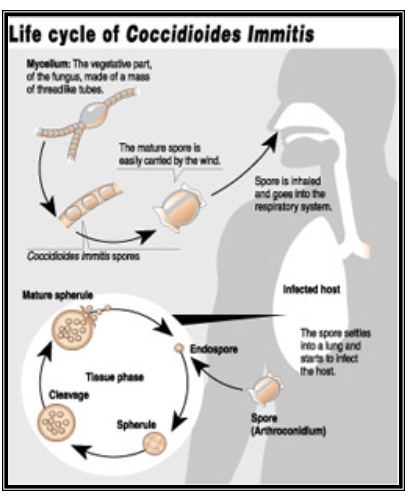 It is very important that only you have access to it.
It is very important that only you have access to it. -
Find an outside perspective. It is desirable that it be a specialist, a good psychologist. If this is not possible - a friend, a close person, ideally - not one, but several that do not intersect with each other. We need someone who will not judge, but simply listen, and to whom absolutely everything can be told. Abusers are very afraid of this and will always try to limit your communication with friends, relatives and colleagues. nine0019
-
Look for a resource from the outside: the source of that same dopamine that will help you assess the situation and find ways out of the abuse.
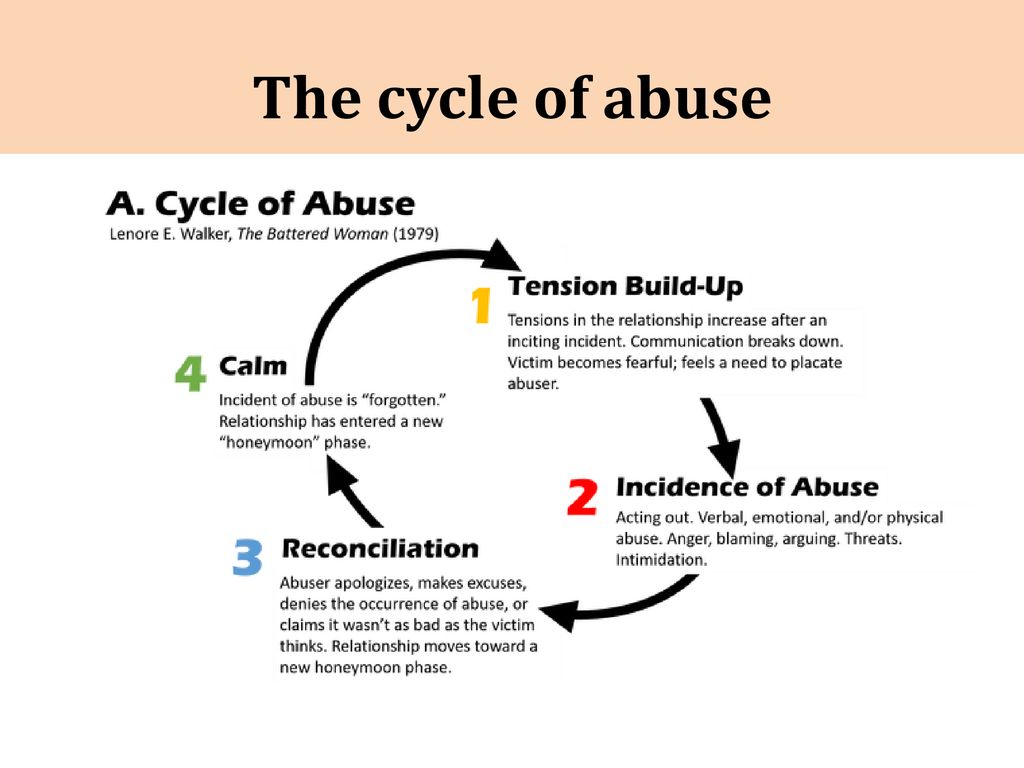 It can be something that allows you to experience a sense of pride, self-satisfaction: hobbies, creativity, communication with friends, music, pets, or even computer games. The practices of creating home comfort work well: a warm blanket, the sound of rain outside the window, plants - all this allows you to relax, reduce stress. nine0019
It can be something that allows you to experience a sense of pride, self-satisfaction: hobbies, creativity, communication with friends, music, pets, or even computer games. The practices of creating home comfort work well: a warm blanket, the sound of rain outside the window, plants - all this allows you to relax, reduce stress. nine0019
When violence is already occurring in an abusive relationship, it is very important to take a break, to interrupt communication. Two weeks is the minimum period when the nervous system begins to recover, and the ability to make independent decisions returns to the person. If there is no opportunity to distance yourself from the abuser, this is no longer just an alarm bell, it is an alarm. nine0019
If you see that your loved one is in a toxic relationship or has been abused, the main thing that is required of you is to listen and not judge.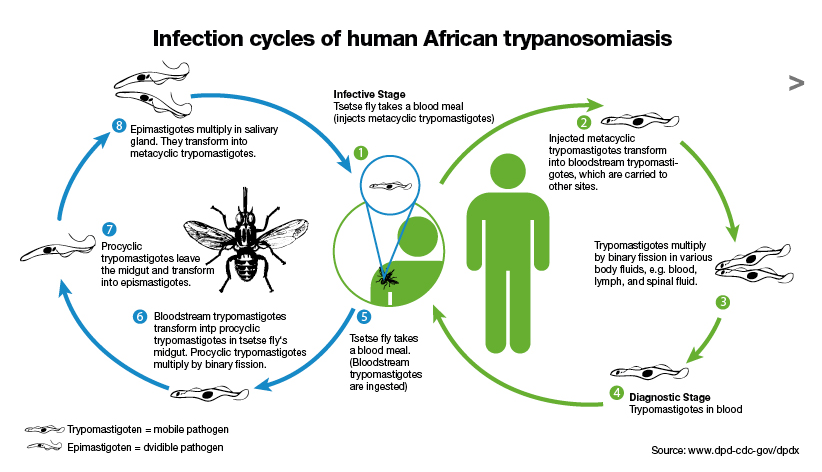 Show that it can be otherwise, that the relationship model that the abuser offers - "you are stupid and unhappy, but I care about you" - is not the only one. But you must also understand that you are not responsible for another person, even the closest person, and he or she has the right to refuse your help. It can be very difficult to accept, but if you force yourself to “do good”, you risk simply taking the place of the abuser. nine0019
Show that it can be otherwise, that the relationship model that the abuser offers - "you are stupid and unhappy, but I care about you" - is not the only one. But you must also understand that you are not responsible for another person, even the closest person, and he or she has the right to refuse your help. It can be very difficult to accept, but if you force yourself to “do good”, you risk simply taking the place of the abuser. nine0019
Recovery
How long does it take to recover from an abuse?
There is a chronology of neurophysiological reactions when parting with an abuser, it must be taken into account. From two to six days lasts a hormonal rise from a personal meeting, comparable to alcohol intoxication. 3-5 weeks are spent on the attenuation of physical love, the restructuring of the psyche into an autonomous, independent mode.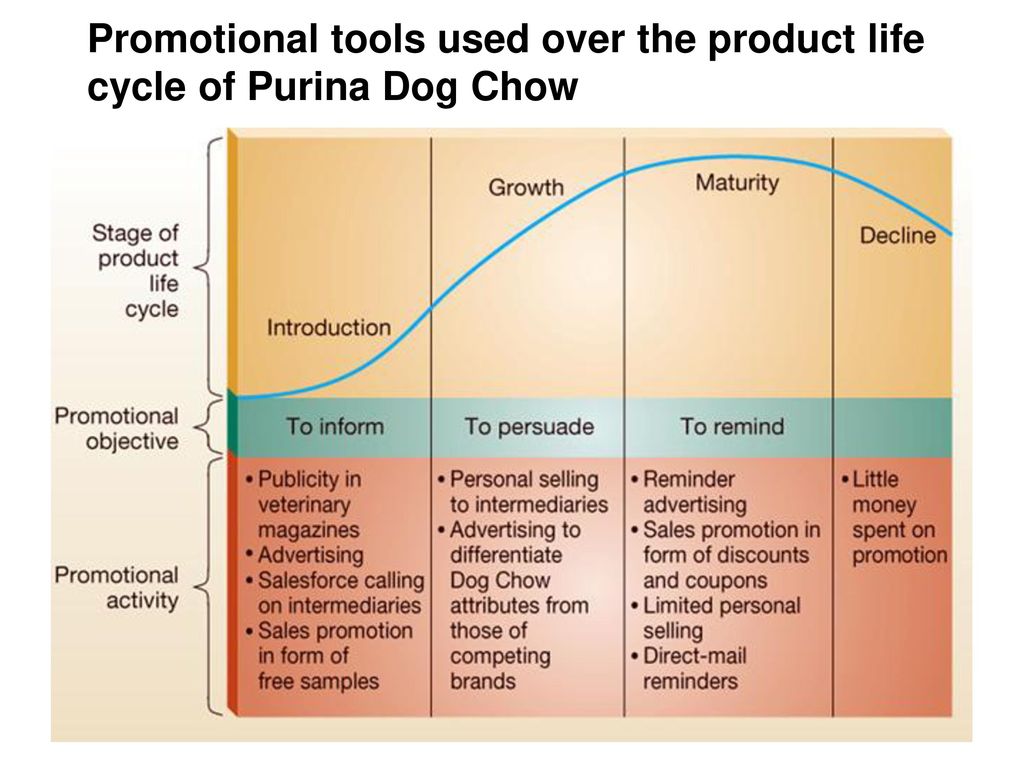 This period is the most difficult, it is accompanied by a strong longing, a desire for physical contact with the abuser. nine0019
This period is the most difficult, it is accompanied by a strong longing, a desire for physical contact with the abuser. nine0019
From 2 to 6 months, the systems broken during toxic relationships are restored, neurotransmitters gradually return to their previous levels. At this time, the brain begins to understand that this abuser is in the past, and you need to learn to live again. The brain is lazy and does not want to do this - therefore, it is during this period that thoughts arise about returning to the abuser, doubts - “maybe it was not so bad.”
And finally, after about eight months, the process ends: everything that could recover from the relationship with the abuser without outside help has recovered. The rest should be worked out with a specialist. At the same time, the period of a good life begins much earlier, but you need to be prepared for bouts of apathy, longing, and a desire to return to abuse. Remember: this will pass.
Remember: this will pass.
I do not advise going back to a person with whom the relationship was abusive and toxic. In the vast majority of cases, this leads to a worsening of the situation. nine0019
Recommendations
How not to get into a toxic relationship again?
An embarrassing fact about our brains is that they are completely uninterested in our happiness and success. He is interested in us to survive, if we are lucky, to multiply, and the rest is not even secondary. Therefore, in any situation, he tries to spend as little energy as possible. nine0019
For a person who has come out of an abusive relationship or observed such with their parents, learning to notice people of a different type, not narcissists, not potential abusers is also an energy-intensive task, from which the brain will shirk.